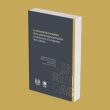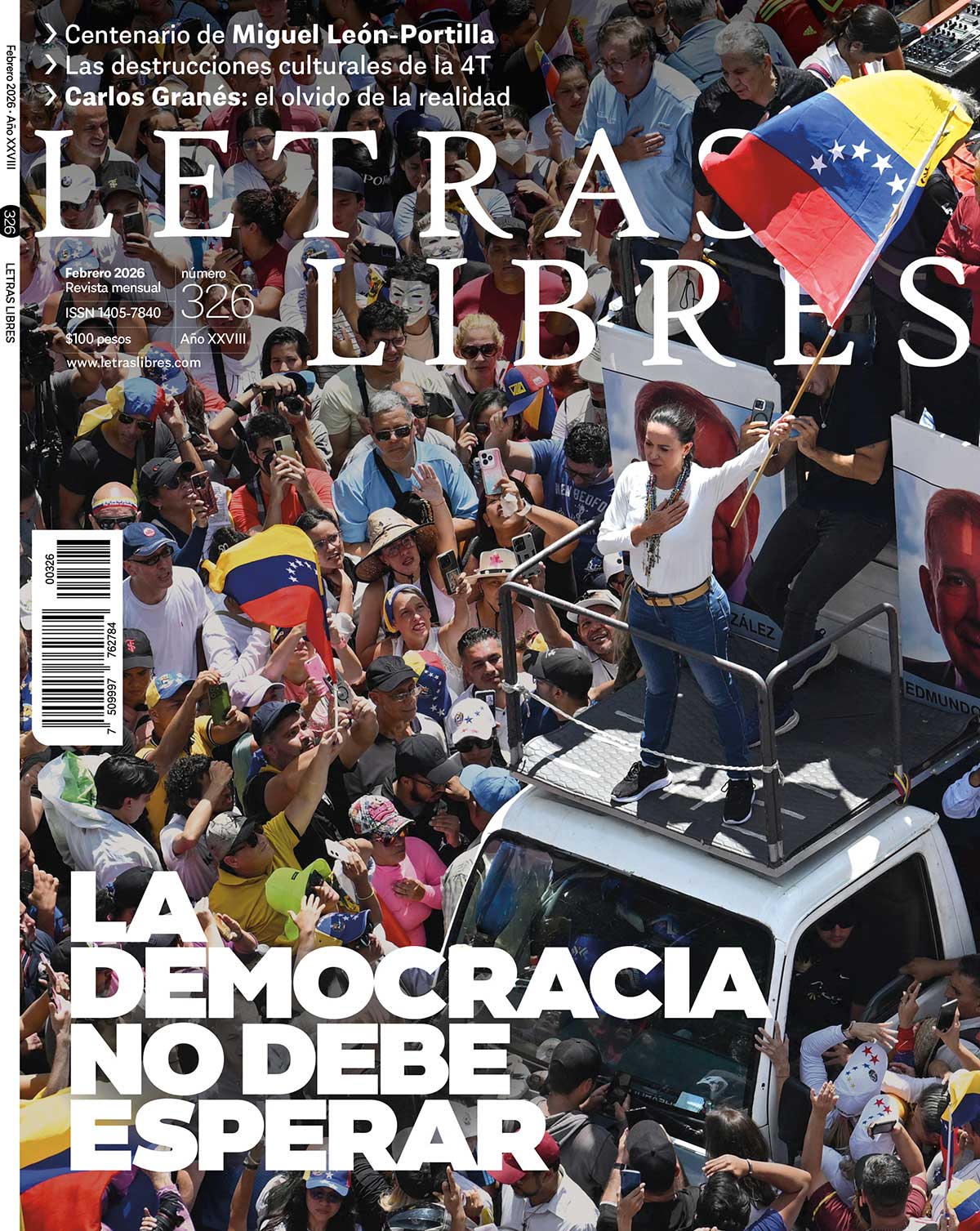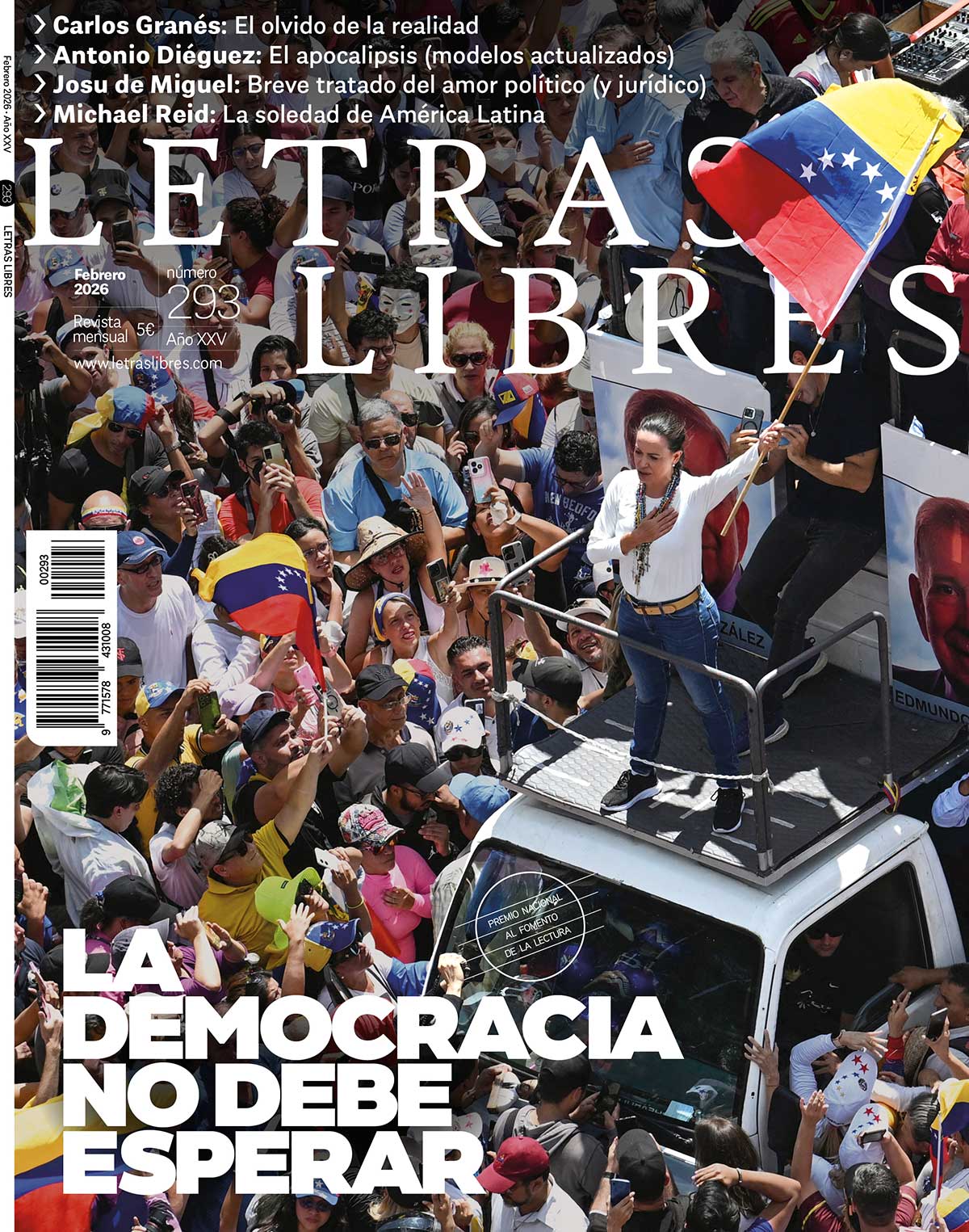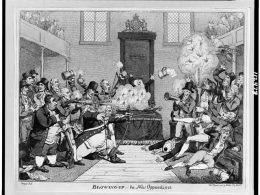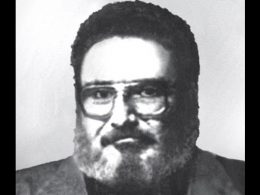Every time a catastrophe happens, some moron says that it is a punishment for our sins. As Fernando Savater recently wrote, Voltaire rebuked this argument in 1755, when an earthquake devastated Lisbon. It was commonly held that sodomy caused earthquakes, though Christopher Hitchens pointed that San Francisco is still standing (and in 1906, when it suffered a temblor, it was more straight); he also said that it was surprising that Hurricane Katrina spared the “immoral French quarter”. Manuel Pacheco has written against this moralising interpretation too.
Nowadays these religious interpretations are mostly confined to the folkloric. We consider them instances of irrationality. But the psychological mechanism survives, and they become acceptable material if the superstition adopts a different disguise. Thus we read that this pandemic is a consequence of neoliberalism (in this case, nobody knows exactly what it means -except that it’s something very bad). It is also a warning and a correction of our way of life.
In fact, the virus has nothing to tell us, no message to deliver. This doesn’t mean that we can’t (or shouldn’t) learn as much as we can about it and the disease it provokes. If we do, we’ll be more prepared from a public health and economic point of view when something similar comes up -and it probably will. It may make us change some things, value certain things more or less some, modify some of our habits. These are our decisions and have to do with what makes us human -the fact that we know that our existence is finite.
According to what I’ve read these last few days, the pandemic denounces our superficial relationships, the exploitation of man by man, our lack of affection, that we don’t spend enough quality time with our children, free market theories and state support for football and film. Others say that it is nature’s revenge against our aggressions. This is a mish-mash of new age cant, anticapitalist posturing and third-rate animism. It is however striking how this interpretation of the catastrophe as a moral condemnation adopts the language of mercy or -as some prefer to say now- of empathy. Those defenders of universal love and propagandists of a vague cosmic goodness, critics of our dehumanizing mores and our soulless lifestyle, not only put forward explanations that rarely rise to the level of bullshit, but also consider that the dead are basically weight on their side of the argumentative scale. They seem to think that other people suffer so that we correct our lives in the sense that they would like us to do, and that there’s something in their harmonious karma that justifies the use of a tragedy to promote their nonsense.
Originally published in Spanish in El Periódico de Aragón.
Daniel Gascón (Zaragoza, 1981) es escritor y editor de Letras Libres. Su libro más reciente es 'El padre de tus hijos' (Literatura Random House, 2023).







